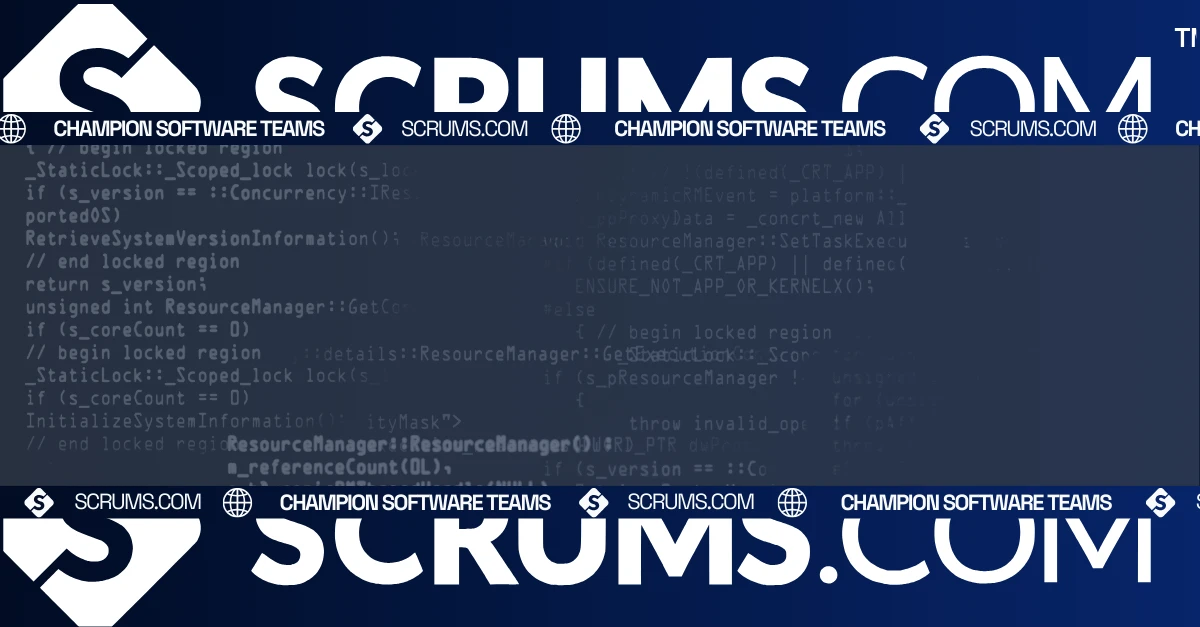OpenSource.Guide: Guide to Open-Source Projects
Repository Overview
OpenSource.Guide is a comprehensive resource for individuals and organizations looking to understand, use, and contribute to open-source projects. This repository, maintained by GitHub, contains a collection of guides covering various aspects of open-source development, community management, and best practices.
Information compiled in September 2024 is subject to change:
- Stars on GitHub: 13.9K
- Forks: 14.4K
- Contributors: 298
- Last Update: August 2024
Core Features and Benefits
Extensive Open Source Guides: Offers a variety of guides covering essential topics such as starting an open source project, best practices for managing communities, and documentation standards.
Community Building Resources: Provides templates and guidelines for fostering a healthy and collaborative open-source community, including insights on moderation and conflict resolution.
Project Governance Models: Detailed explanations of different governance structures, helping maintainers select the best model for their projects.
License Selection Tools: Features tools to help developers choose the right open-source license for their projects, ensuring legal compliance and clarity.
Case Studies and Examples: Includes real-world case studies and examples that demonstrate the impact and success of open-source methodologies.
Benefits for Developers:
- Enhances understanding of open source development and community engagement.
- Provides ready-to-use resources and templates, saving time on research and planning.
Benefits for Business Stakeholders:
- Facilitates the adoption of open source practices, driving innovation and reducing development costs.
- Ensures compliance with licensing laws and minimizes legal risks when using or contributing to open-source software.
Use Cases
Open Source Project Kickoff: Developers use the repository to understand the best practices for starting new open source projects, from documentation to licensing.
Community Management: Project maintainers leverage the resources to build, manage, and grow an inclusive community around their projects.
Corporate Open Source Strategy: Businesses utilize the guides to develop and implement effective open source strategies, aligning with organizational goals and compliance needs.
Educational Purposes: Educators and trainers use the guides as foundational materials for teaching open source software development.
Getting Started Guide
To get started with OpenSource.Guide:
Clone the Repository:
git clone https://github.com/github/opensource.guide.git
Explore the Guides: Navigate to the docs/ folder to find the different guides available in various formats, including Markdown and HTML.
Contribute: Review the Contribution Guidelines to understand how you can contribute to improving these guides.
Community and Support
GitHub Issues: Engage with the community by reporting issues, requesting features, or asking questions.
GitHub Discussions: Participate in discussions on best practices, case studies, and community management.
Social Media: Follow updates and engage with the community on platforms like Twitter and LinkedIn.
Integration Possibilities
OpenSource.Guide can be integrated into educational platforms, company intranets, and developer documentation portals to provide standardized open-source guidelines.
Performance and Scalability
Performance: The repository is lightweight and optimized for quick access to resources and guides.
Scalability: Suitable for projects and organizations of any size, from small teams to large corporations.
Licensing and Security Considerations
Licensing: Distributed under the Creative Commons Attribution 4.0 International License, allowing for wide distribution and adaptation.
Security: As a content-based repository, there are no known security vulnerabilities, but contributors should follow standard content contribution guidelines.
Maintenance and Longevity
The OpenSource.Guide repository is maintained by GitHub with frequent contributions from the community. It is an evolving resource, ensuring relevance and up-to-date information in the ever-changing open-source landscape.
Alternatives and Comparisons
Open Source Software 101: A beginner's guide focused on basic open source concepts; lacks the depth found in OpenSource.Guide.
The Open Source Way: A comprehensive resource but not as frequently updated as OpenSource.Guide.
Our Recommendation
Why choose OpenSource.Guide? If your organization is committed to open source development or looking to start an open source project, OpenSource.Guide is an invaluable resource. It offers comprehensive guides on starting, managing, and growing open source projects, making it ideal for developers, maintainers, and organizations who want to understand and implement best practices in open source.
Common FAQs Around this Code Repo
The repository is maintained by GitHub with contributions from the open source community.
Yes, it is licensed under the Creative Commons Attribution 4.0 International License, allowing commercial use with appropriate attribution.
Review the contribution guidelines on GitHub to learn how to submit pull requests or suggest new guides.
Yes, the guides are regularly reviewed and updated to reflect the latest in open-source best practices.
The guides are primarily in English, but contributions for translations are welcome.
Explore Software Development Blogs
The most recent trends and insights to expand your software development knowledge.




